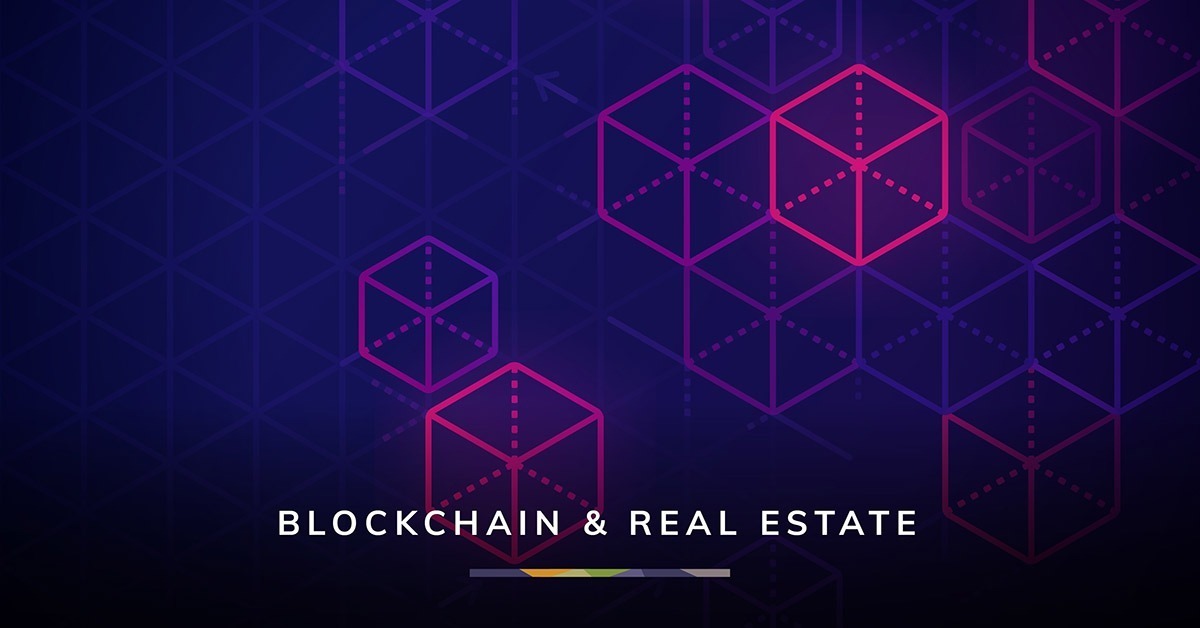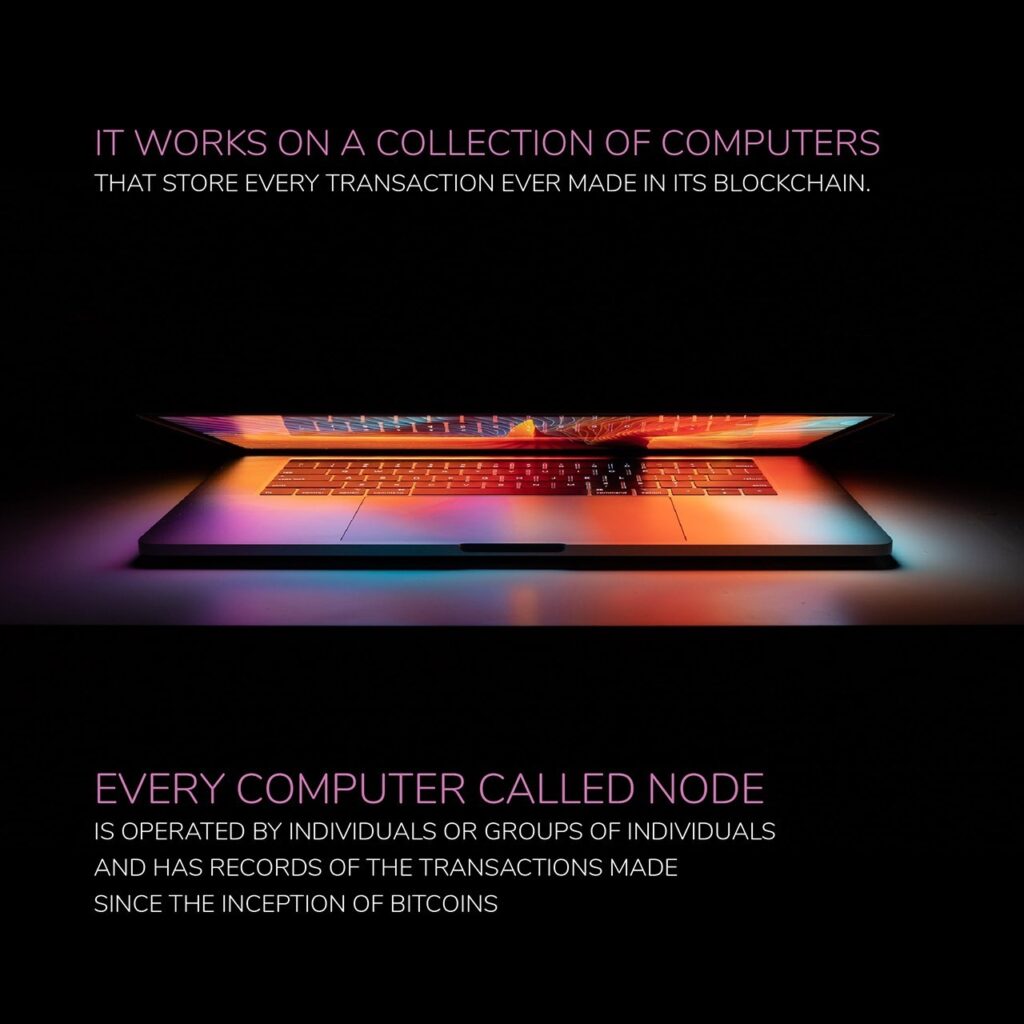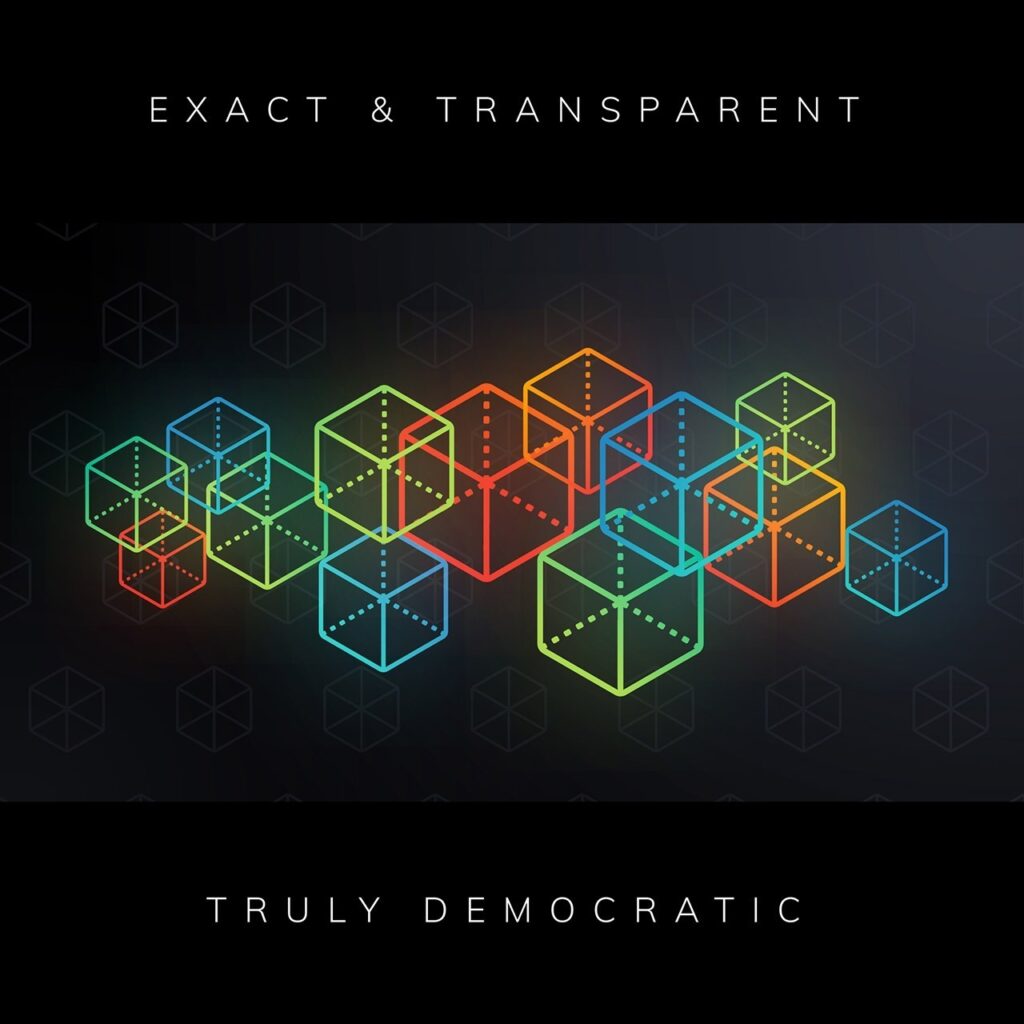
Blockchain & Real Estate
Technology is said to be a great growling engine of change. Today, in 2021, it won’t be wrong to say that we no longer use technology, but live it. Data and AI are becoming all-pervasive with each passing second. Every information shared is stored and comprises ever-enlarging databases.
In this blog we focus on one such much-publicised database, Blockchain.
A poll conducted by PwC affirms that India will be among the leaders in the adoption of the overlying blockchain technology that cryptocurrency is based on, especially over the next five years. According to a report by Hindustan Times, India ranks number 2 in a poll of nations that use cryptocurrency the most.
Chaining it Together
Every piece of information we have with us or share is a form of data. Our lives and the world of data has become so enmeshed that we cannot separate our existence from it. Needless to say, tampering and ravaging of data has also been on an all-time high. Computer hackers break into various databases and malign the information for their gain.
Given the situation, blockchain technology is a decisive tool. Blockchain as a database differs from the general ones in the way it stores information. As the name suggests, blockchain stores data in blocks that are chained together in chronological order. New data is entered in a fresh block which gets chained to the previous blocks once it is filled. Each block has an exact timestamp when added to the chain thus creating an irreversible timeline of data.
Bits and Bytes
To understand the functioning of blockchain, its implementation in the context of bitcoins becomes instructive.

Making it Real in Estate
Another aspect of the real estate arena that bitcoin will revolutionise is property records. The process of recording property is burdensome and time-consuming, increasing the odds of human error while entering data into the public index and a country’s central database. Blockchain provides a solution to all these concerns gaining the owner’s trust owing to its accuracy, transparency and long-lasting nature.
Ways Blockchain Is Ready To Change The Real Estate Sector
- Marketplace
Blockchain technology has introduced new ways of trading real estate and enabling trading platforms and online marketplaces to devise transactions more extensively. E.g. ATLANT has developed a platform that leverages blockchain to expedite real estate and rental transactions. - Intermediaries
Middlemen such as banks, brokers and lawyers have been essential players of the real estate arena forever. However, according to a report by Deloitte, blockchains may soon assume functions like listing, documentation and payments, leading intermediaries eventually becoming obsolete. Blockchain will not only speed up the process but reduce the cost involved as fees and commissions. - Decentralisation
Blockchain technology functions on a decentralised network making the database accessible to all nodes in an immutable manner. Since the information is verifiable by the parties involved, it builds a sense of confidence and conviction. To make changes in the database, a majority of the decentralised network’s computing powers need to agree upon it. - Costs
Apart from cutting down expenses on intermediaries, there are several other costs like registration fees, loan fees and other taxes involved with real estate transactions, which vary depending on various geographical areas. All these brackets of fees and taxes could be waived off with the introduction of the automated process of blockchains. - Liquidity
Real estate is infamously considered an illiquid asset owing to its time consuming nature of sales. However, the case with cryptocurrencies and tokens is different as they can, theoretically, be traded through exchange for fiat money. As such, real estate, if tokenised, can also be traded easily without the hassle of waiting for a buyer who can afford the entire property. - Fractional Ownership
Traditionally, investments require a significant sum of money to acquire property. By incorporating fractional ownership, blockchain decreases the barriers to real estate investments. It grants the investors access to a trading app to market fractions of tokens they see fit. It helps them avoid the trouble of managing big properties themselves that includes maintenance and leasing, which incur cost and time.

Blockchain is an exact and transparent system that ensures that modifications, if needed, happen in the interest of the majority.
The Magic Internet
Developed in the late 19th century, blockchain seems to bind our lives together in 2021, especially in the real estate sector. However, for many around, blockchain is an enigma, and they are skeptical about the intentions of the early adopters who have embraced it wholeheartedly.
Blockchain is to 2021 what the internet was to the early 2000s. This means blockchain is anything but a fad. It is here to stay and will possibly change how we live.
We leave you to understand and contemplate the future that blockchain has in store for us until we bring the next blog in this series for you.








I have gone through the page where you are explaining blockchain & real estate and you have done fantastic work because your has unique and innovative content and the best and most unique part of your blog ways blockchain is ready to change the real estate sector. Our company has a specialization in blockchain technology and we also provide blog content on how blockchain solutions are transforming real estate. Please visit our site (https://blockchain.oodles.io/blog/blockchain-solutions-transforming-real-estate/) and I love to collaborate with your site.
Thank you for enjoying this read. Please reach out out us on +917601000444 for any further details
Hello.. nice article. One point that can be added is the difference between public and private blockchain. Choosing between them can be crucial for a business’s success
Thank you for your suggestion and bringing this crucial point to notice!